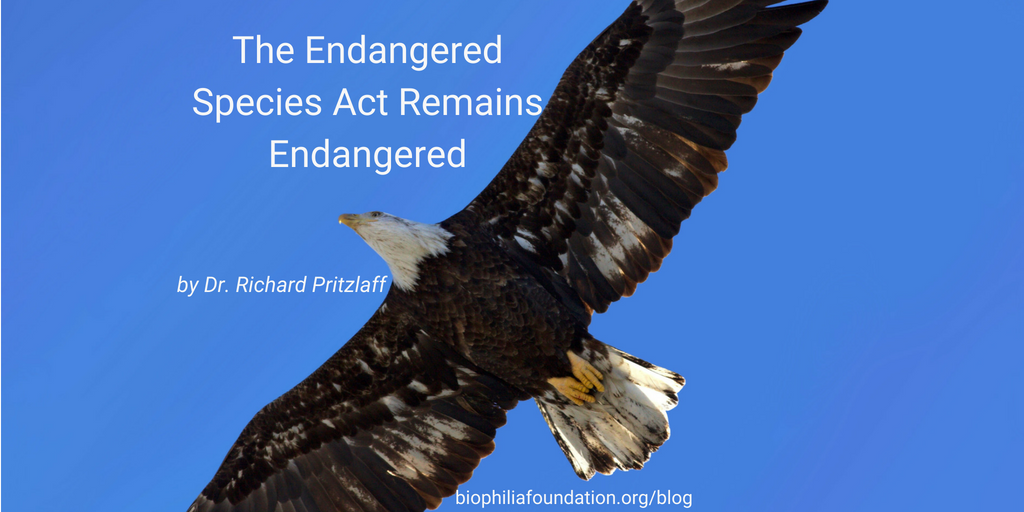
by Richard Pritzlaff, Ph.D. | Aug 14, 2018 | Blog Posts, Richard Pritzlaff
Endangered Species Act Remains Endangered Typically, news stories about the Endangered Species Act (ESA) only mention the controversy surrounding the 45-year-old law, and not that it is one of the most important laws in the world protecting biodiversity, or that it...
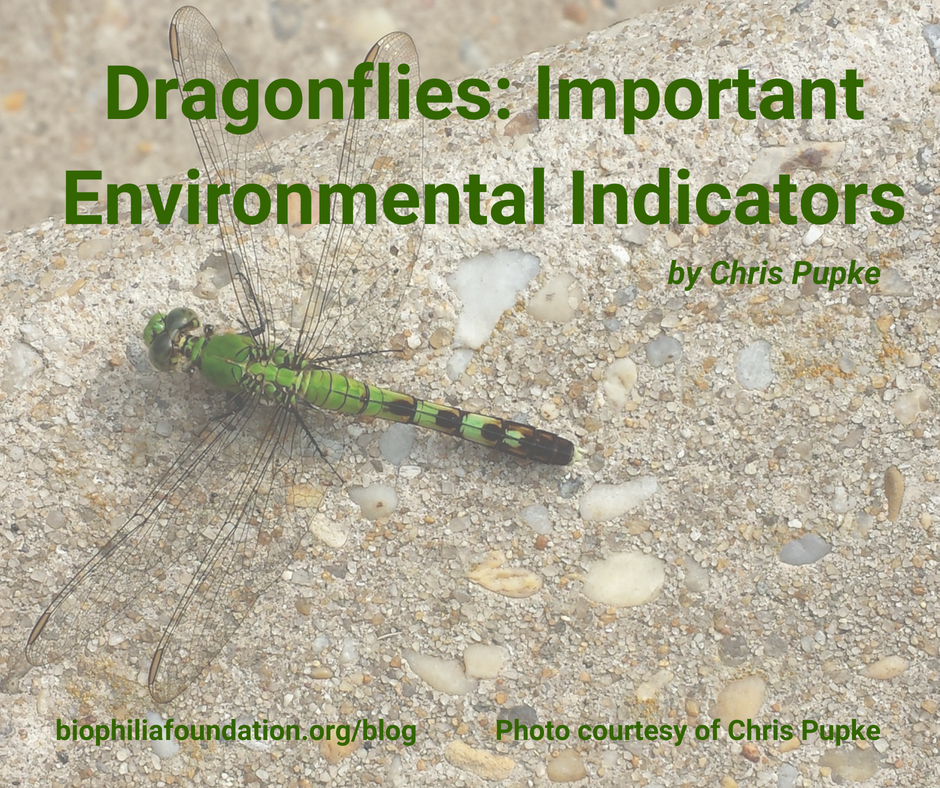
by Chris Pupke | Aug 6, 2018 | Blog Posts, Chris Pupke
Dragonflies -The Hawks of the Insect World Are Important Environmental Indicators Dragonflies are an ancient family of insects. They have been around for 300 million years — predating even the dinosaurs. Some ancient dragonflies had a wingspan of more than 2...
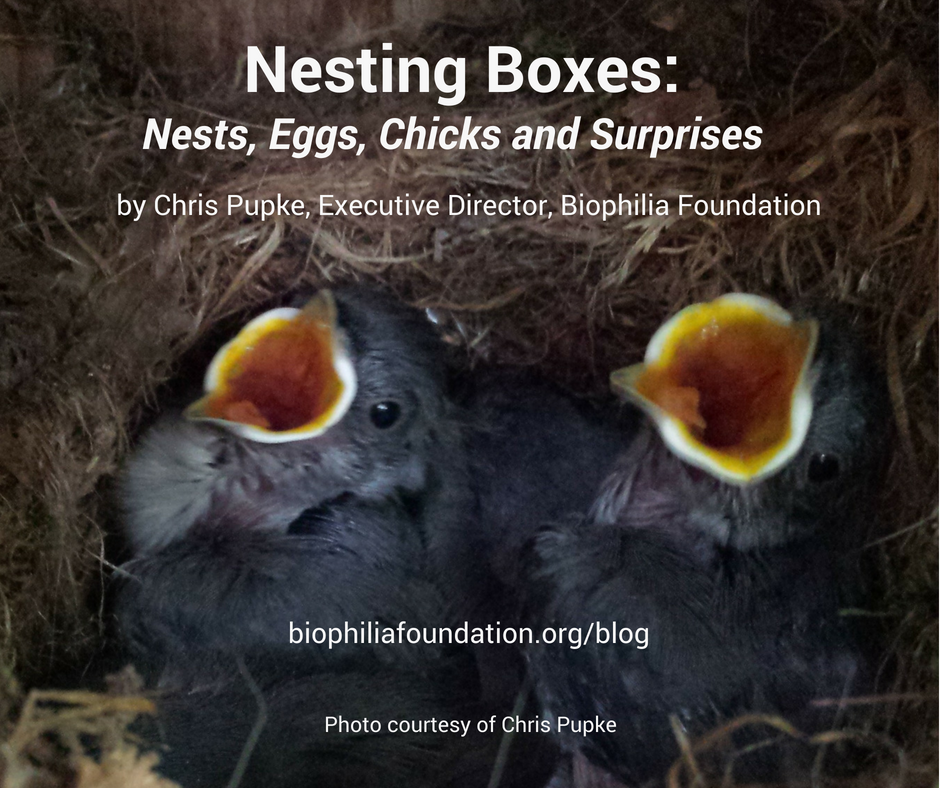
by Chris Pupke | Jul 2, 2018 | Blog Posts, Chris Pupke
Nesting Boxes: Nests, Eggs, Chicks, and Surprises Installing nesting structures, like bird nesting boxes, can be a great way to help wildlife. If properly installed and maintained, nesting boxes can provide a critical component of habitat for wildlife. And as with all...
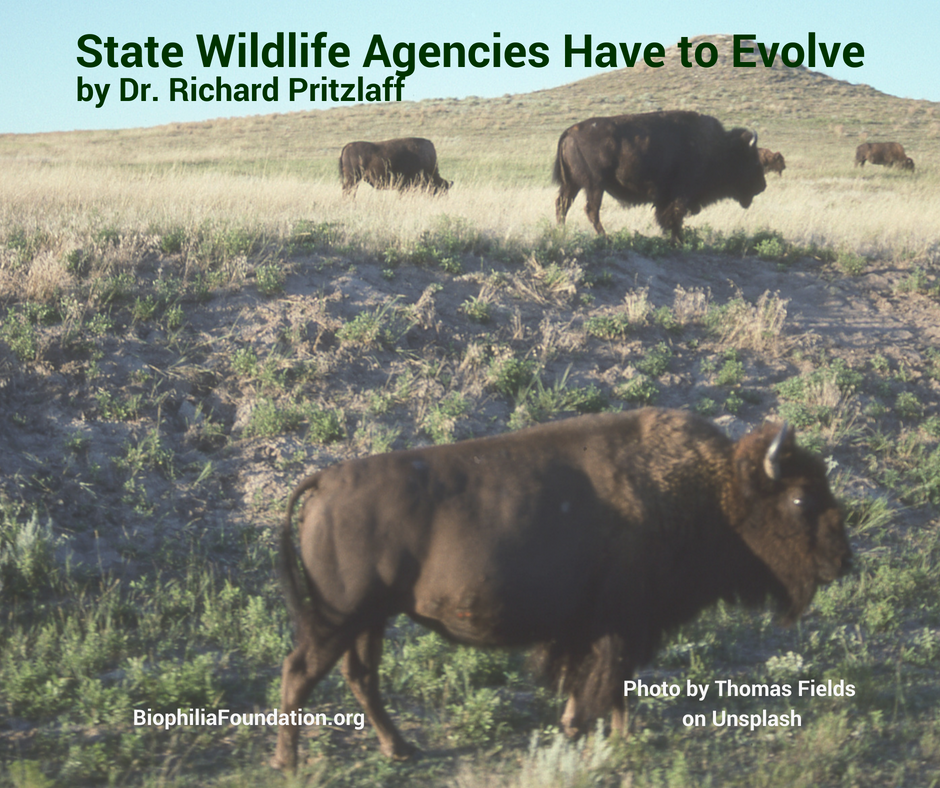
by Richard Pritzlaff, Ph.D. | Jun 18, 2018 | Blog Posts, Richard Pritzlaff
State Wildlife Agencies Have to Evolve The Result of Commercial Hunting State Wildlife Agencies are a result of and a response to the unrestrained carnage that was commercial hunting. This unbecoming spectacle decimated game and non-game species during the latter half...
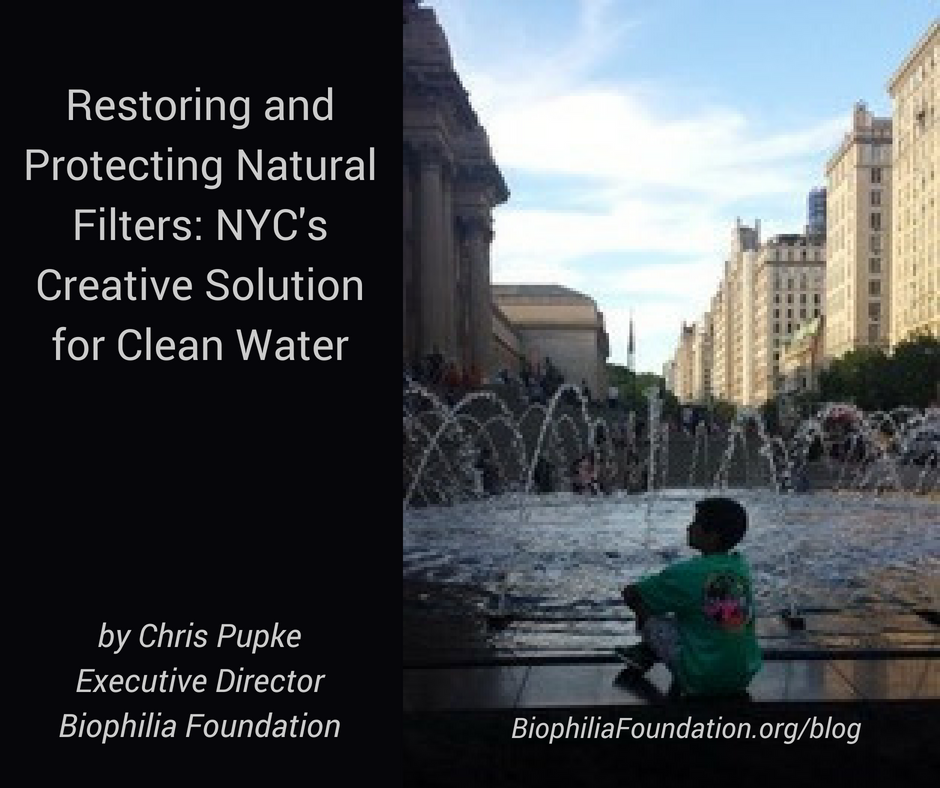
by Chris Pupke | Jun 4, 2018 | Blog Posts, Chris Pupke
Restoring and Protecting Natural Filters: NYC’s Creative Solution for Clean Water Restoring and protecting natural filters in the environment was the solution It is a complex system. Delivering clean water to a city of 8.6 million residents requires a great deal...
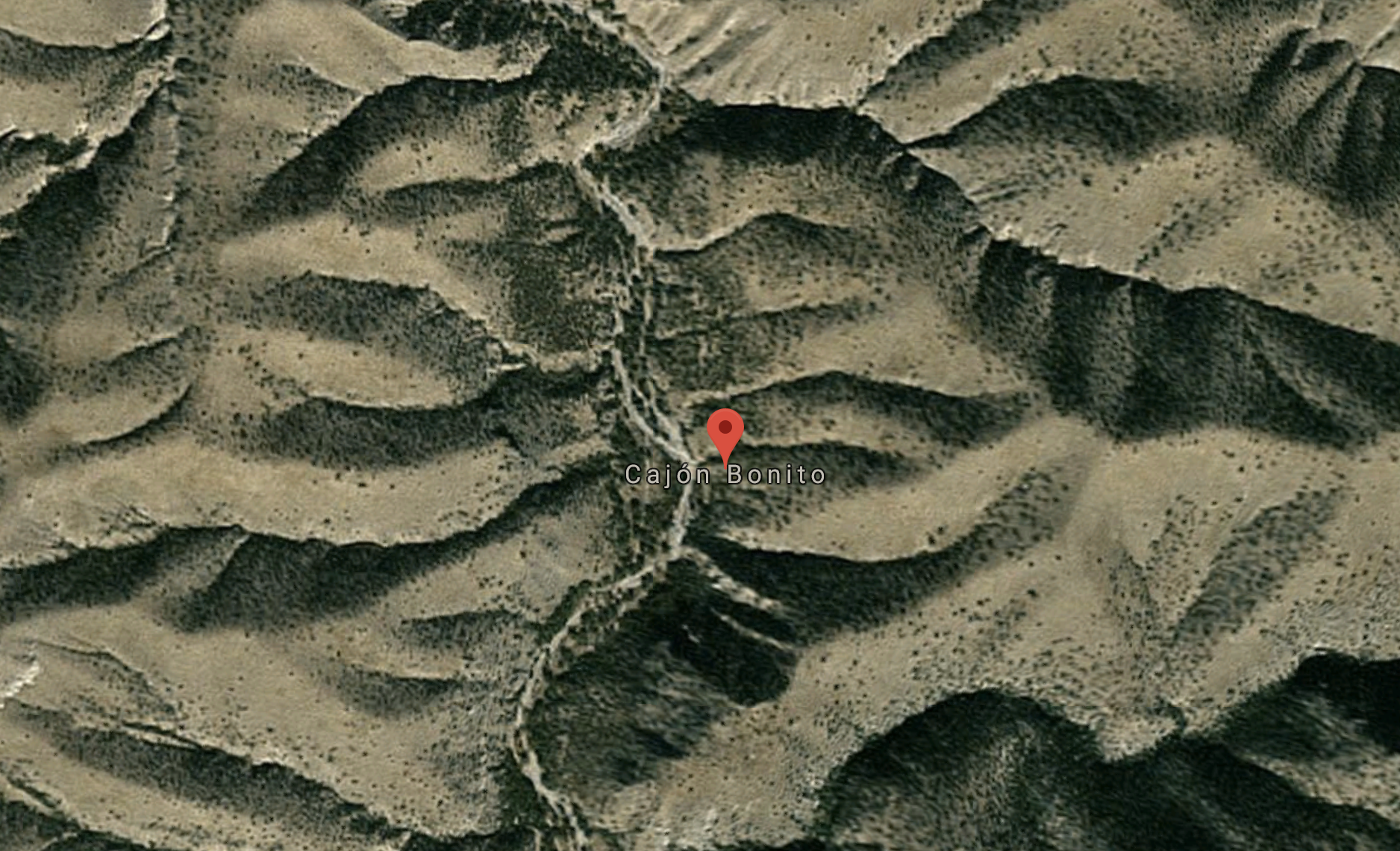
by Rob Hunt, Ph.D. | May 28, 2018 | Blog Posts, Rob Hunt, Ph.D.
My friend Rob Hunt is a field ecologist. As such he spends many days and nights outdoors, around 200 each year. In this adventure, written from his field notes, he found Edward Abbey’s blessing: “may your trails be crooked, winding, lonesome, dangerous,...








Recent Comments